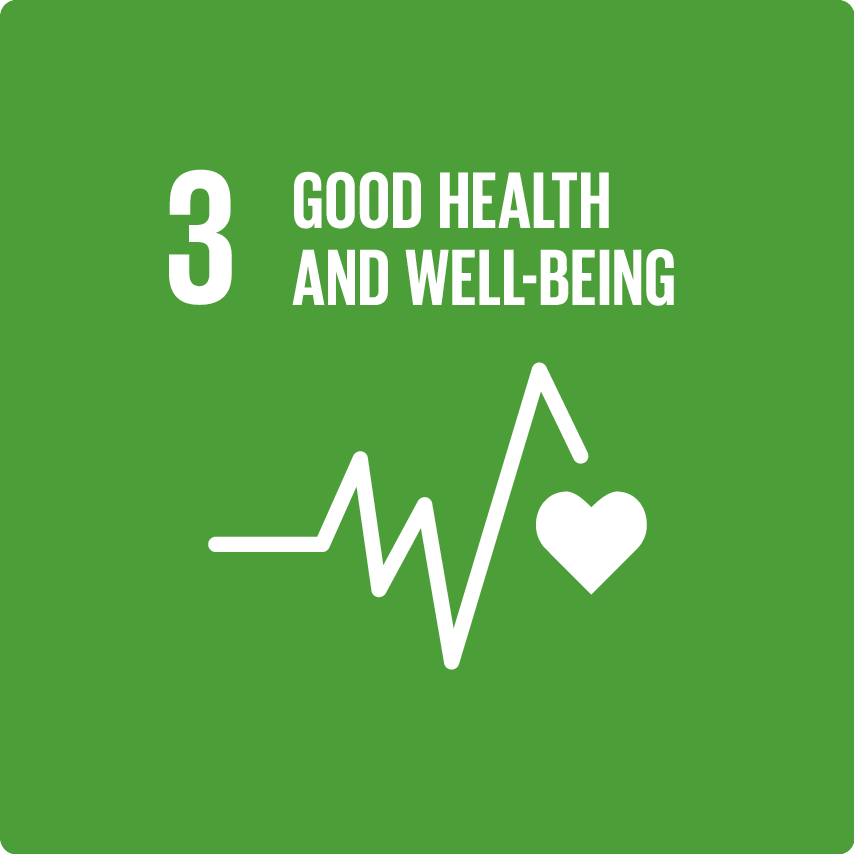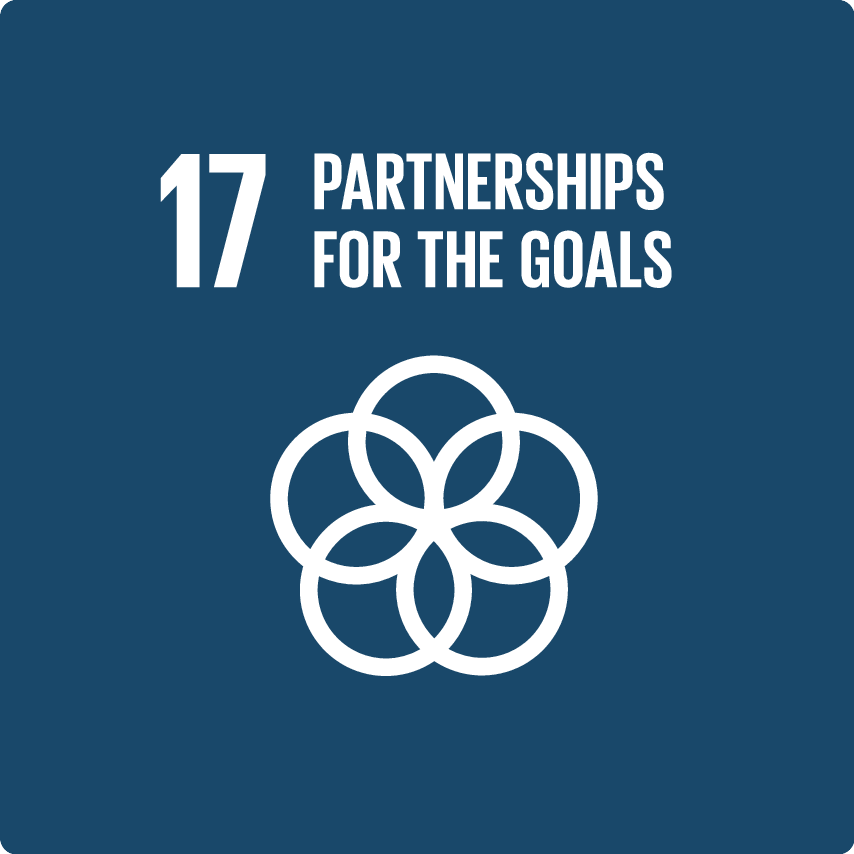African Consortium for Cancer Clinical Trials (AC3T)
Takeda have partnered with NGOs BIO Ventures for Global Health (BVGH), the African Organization for Research & Training in Africa (AORTIC), and U.S. and African cancer centers to established a unique public-private-partnership to serve as an accelerator and center of excellence to strengthen cancer clinical trial capacity in Africa.
SEE ALL PARTNER ORGANIZATIONS
Objectives
Takeda have partnered with NGOs BIO Ventures for Global Health (BVGH) and the African Organization for Research & Training in Africa (AORTIC), other pharmaceuticals and U.S. and African cancer centers to established a unique public-private-partnership to serve as an accelerator and center of excellence to strengthen cancer clinical trial capacity in Africa.
Health need and challenge
Africa is facing an emerging cancer crisis – a crisis that kills 60% more people than malaria. Africa’s burgeoning cancer crisis is attributable to many complex and interrelated factors including population growth and aging; insufficient preventive, diagnostic, and treatment services; inadequate clinical and research infrastructure; and severe shortages of trained healthcare personnel.
Compounding this cancer crisis is the lack of cancer clinical trial data in African ethnicities. Oncology clinical trials are urgently needed not only to provide much needed access to new and innovative cancer therapies, but also to assess their efficacy and safety in the biologically and genetically distinct cancers and patient populations in Africa.
How partnerships and activities are addressing the health needs and challenge
To address this gap and help build cancer clinical trial capacity in Africa, Takeda have partnered with NGOs BIO Ventures for Global Health (BVGH) and the African Organization for Research & Training in Africa (AORTIC), other pharmaceuticals and U.S. and African cancer centers to established a unique public-private-partnership to serve as an accelerator and center of excellence to strengthen cancer clinical trial capacity in Africa.
Launched in June 2017 under the purview of African Access initiative (AAI), The African Consortium for Cancer Clinical Trials (AC3T) program, aims to build oncology clinical trial capacity in African countries, while improving patient outcomes. AC3T brings together AAI stakeholders including government and non-governmental organizations, the AORTIC, leading oncologists, and multinational pharmaceutical companies to create coherence and leverage capabilities and initiatives to empower African clinicians and primary investigators to strengthen clinical trial capacity in Africa. In order to do this successfully and drive sustainability the programs activities include:
- Needs Assessments – AAI Hospital Needs Assessments ensure that AAI and AC3T are driven by Africa, for Africa by generating country-level data on cancer burden and current practices, treatment gaps, capacity building needs, and technology and drug priorities
- Mapping Capacity – data gathered from completed Needs Assessments and AC3T Checklists map hospital capacity and define AAI and AC3T priorities. These include lists of ongoing and planned cancer clinical trials in
- Africa with special focus on the African countries selected to participate in AAI
- AC3T Checklists – assess a hospital’s cancer clinical trial infrastructure, experience, and “readiness.”
- Training – through the needs and mapping assessments, training plans and resources to support clinical trial capacity building are mapped and subsequently put into place
In addition, through the robust needs assessments a number of capacity building efforts are also underway with local partners:
- Strengthening Diagnostic Laboratories
- Building Clinical Oncology and Research Expertise
- Expanding Access to Treatment Through Clinical Trials
The strength of the AC3T program is in its partners, who all contribute to the objective and effectiveness in different ways. Through the AC3T program, the current data gap in African countries is beginning to be addressed and more importantly, African cancer centers and hospitals that are “ready now” to conduct and participate in cancer clinical trials are empowered to do so. In the long-term this will enable LMICs to apply for and receive research grants from national and international bodies as well as participate in global cancer clinical trials of new medicines and technologies. This in turn allows hospitals/universities in LMICs to attract and retain scientific talent, invest in the growth of their cancer departments and train the next generation of cancer researchers.
Results and milestones
Geographic Reach
- Africa
Disease Area
- Non-communicable diseases
Target Population
- People with low incomes
Partner organizations
Geographic Reach
Africa
- Cameroon
- Côte d'Ivoire
- Kenya
- Nigeria
- Rwanda
- Senegal
Disease Area
Non-communicable diseases
- Cancer

